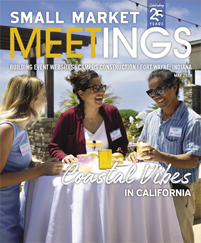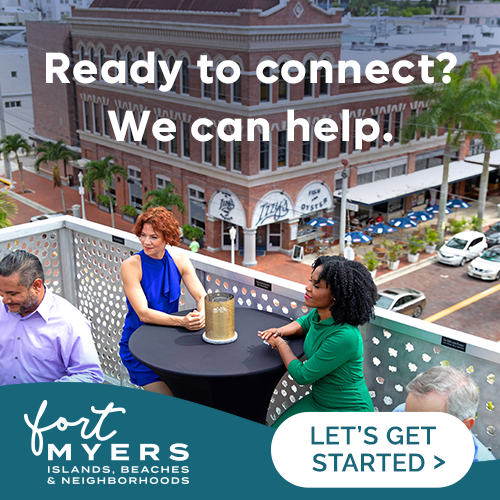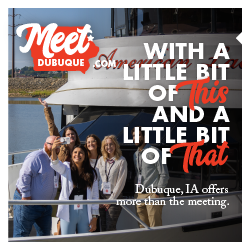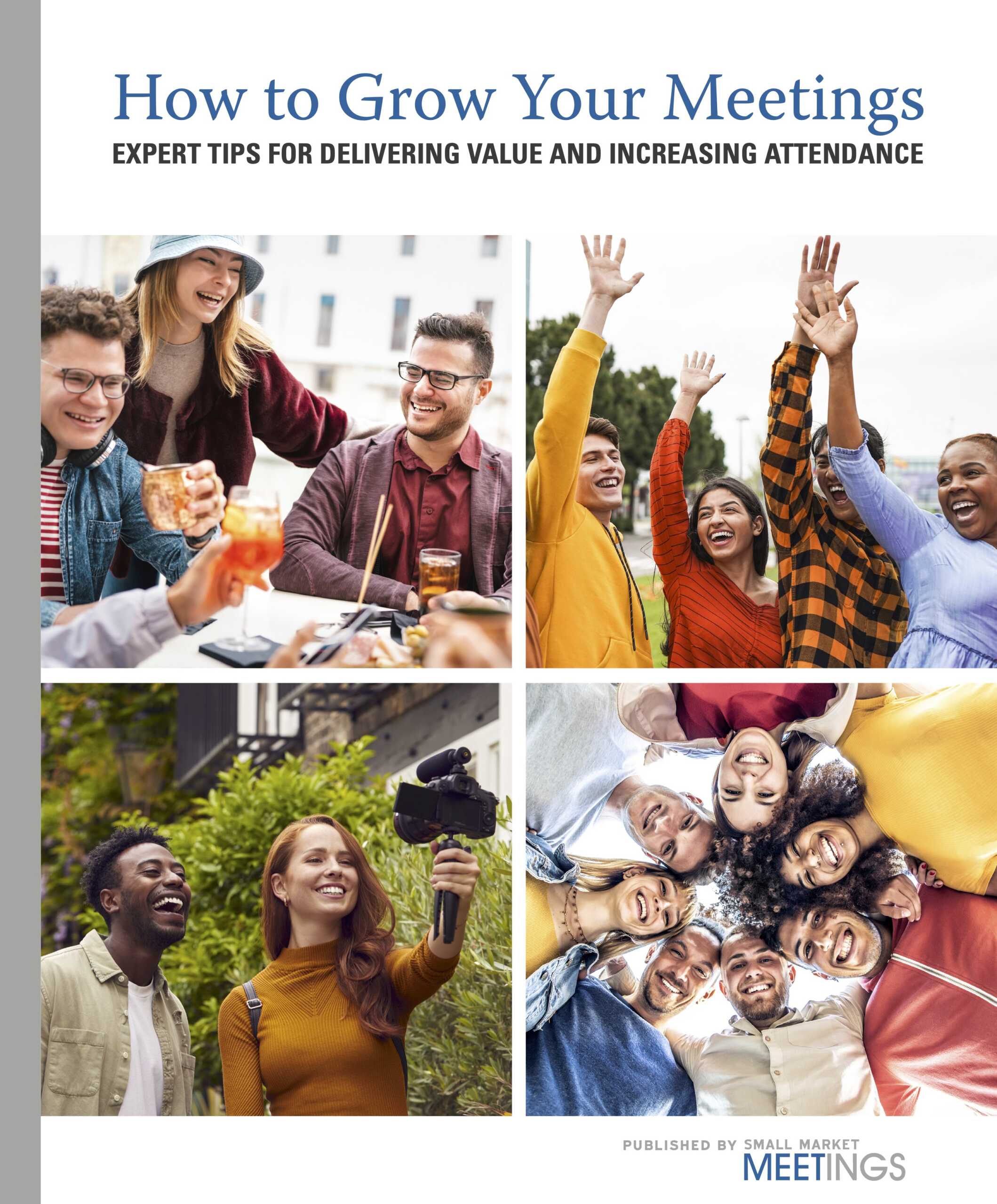Rachel Crick recently spoke with Shayna Asgill, the director of events for the Redstone Agency Inc., on the value of virtual events.
Shayna Asgill has a bachelor’s degree in global management and marketing from Ryerson University, as well as a graduate certificate for sports and event marketing from George Brown College. She has worked for Redstone Agency, a Toronto-based event management company, for six years. She is a certified Digital Event Strategist and a member of PCMA 20 in Their Twenties, Class of 2024.
Q: What is the industry’s landscape like right now when it comes to digital events?
A: I think there was a significant shift coming through the pandemic where everything did have to have to have a virtual edge. There were technological advances and new platforms, and attendees’ preferences changed. Through that, a lot of organizations and companies embraced a digital or hybrid framework, which led to having broader audiences and more of an impact. It also gave the opportunity to save cost in some instances. A lot of our events have some kind of digital or hybrid element. Some organizations have even said, “We’ll do our event one year in person and one year virtual.”
Q: Does the next generation of planners have any advantages or face challenges when it comes to digital events?
A: I would say we have the major advantage of being tech savvy. We’re a generation that is always on our phones. There’s always a new app coming out, and we’re adaptable to new technology and platforms entering the market. A lot of clients come to Redstone because we’re mainly a millennial team. We become tech producers during events. At the other end, a challenge is there’s so many different products in the market, so having an understanding of which is the correct one to use for the client can be a challenge. It’s rapidly evolving, so we need to stay up to date with digital assets out there and new things on the horizon.
Q: Why are digital events or digital components so important today?
A: I think the number one thing is accessibility. We saw a lot of members who weren’t typically able to join events now being able to because they could join from the comfort of their homes. People have health concerns, or they can’t get all the time off to attend events, so it provided a lot more accessibility and inclusivity.
Q: What’s something about planning digital events that surprised you?
A: How laser focused you need to be. I’m more nervous for digital than in-person events because it feels like it’s all on you. You are the A/V team, you are the tech producer and there are a lot of things you must manage on the back end of things. I have to know what’s going on, be constantly monitoring the chat, communicating with any speakers “backstage,” and seeing if anyone needs help at the virtual help desk.
Q: How have you found digital events and in-person events to be similar and different?
A: In terms of what’s the same, I would follow a similar marketing plan. There’s also an RFP process, selecting a virtual platform, going through those logistical things. A difference is the budget allocation. We’re saving costs on the venue, but what’s increasing? We need to look at our tech budget, virtual production budget and what experiences we’re bringing to the virtual attendees. In terms of hybrid events, people think a hybrid event is just plopping a camera into your in-person event. But if we’re talking hybrid, it’s planning two events. From that perspective you will need more for your budget.












